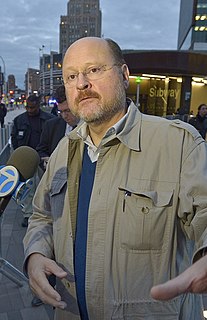A Quote by Pat Buchanan
Lyndon Johnson, his 44-state landslide in 1964 and Great Society notwithstanding, was by 1968 a failed president being repudiated in the primaries of his own party.
Related Quotes
Now in my view, if you were to line up the Presidents in the order of who made the greatest accomplishments, you'd put Lyndon Johnson in that arena with both Roosevelts probably, and [Abraham] Lincoln and so on. But the idea that Lyndon Johnson was operating as a free agent and coming up with these ideas on his own is nonsense.
Within days of Richard Nixon's inauguration in January 1969, national-security adviser Kissinger asked the Pentagon to lay out his bombing options in Indochina. The previous president, Lyndon Baines Johnson, had suspended his own bombing campaign against North Vietnam in hopes of negotiating a broader cease-fire.
The president who did the most for black Americans in 20th century history was Lyndon Johnson, and he got his hands dirty by dealing with Southern senators, Southern congressmen, horse trading with them, cajoling them, learning what not to talk about. And he got civil rights passed and Great Society programs. That should be the model. Get over yourself.
































